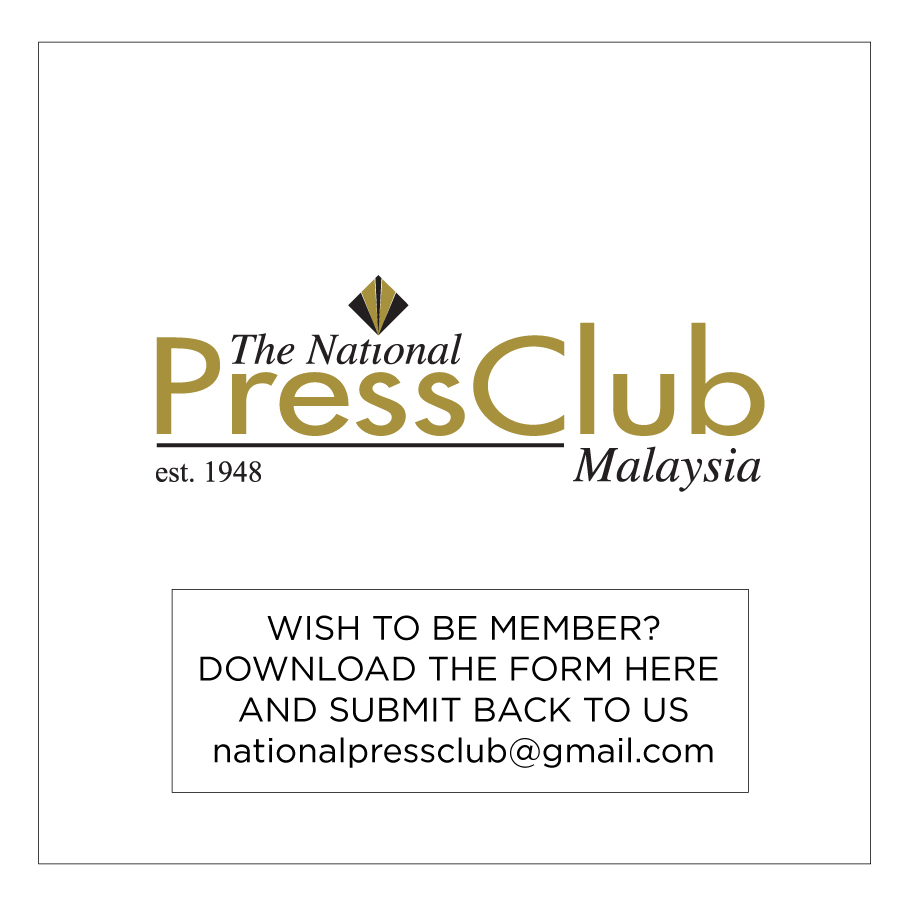MAY 3 is World Press Freedom Day, and on its 30th anniversary, this year’s global event looks back to its roots to focus on contemporary issues.
This includes freedom of expression, access to information, and the public service role of journalism within the changed communications ecosystem.
“In advocating the notion of “information as a public good”, WPFD 2021 highlights the important difference between information and other kinds of communications content such as disinformation, hate speech, entertainment, and data.
“The aim is to draw attention to the special role of journalism in producing news as verified information in the public interest, and to how this depends on a wider ecosystem which enables information as a public good,” the United Nations Educational, Scientific and Cultural Organization concept note in conjunction with WPFD 2021 read.
In particular, the 2021 WPFD will highlight three imperatives for this ecosystem; • Steps to ensure the economic viability of news media;
- Mechanisms for ensuring transparency of Internet companies; and
- Enhanced media and information literacy capacities that enable people to recognise and value, as well as defend and demand, journalism as a vital part of information as a public good.
The aim is to draw attention to the special role of journalism in producing news as verified information in the public interest.
World Press Freedom Day has its origins to a UNESCO conference in Windhoek, Namibia in 1991.
This importance of freely accessing reliable information, particularly through journalism has been demonstrated by the COVID-19 pandemic: in times of crisis such as this, information can be a matter of life or death.
This has been especially true in the face of the COVID-19 ‘disinfodemic’, a mixture of misinformation and disinformation that has spread across the world sowing confusion, discord and division.
The lack of publicly available reliable data and information has created a vacuum for potentially harmful content (including hate speech) and misleading conspiracy theories mostly spread online through Internet business models.
The COVID-19 public health crisis has shed light on the vital role played by free and independent media worldwide.
The output of news media (be it in print, television or radio, analogue or delivered via digital platforms) remains a powerful source of information that people access, even when this is via social media networks.
In this way, media workers everywhere have significantly contributed to our understanding of the pandemic by making overwhelming and highly complex flows of information more accessible, making scientific facts understandable to the broader public, providing regularly updated data, and engaging in fact-checking.
In many countries, journalists and fact-checkers have critically monitored contracting and subsidies that respond to the pandemic and have faced pressure from authorities as a result.
In other cases, they have been hampered by measures put in place to contain the virus as well as challenges from both police and the public during the host of public protests that have characterised this period.
On the 30th anniversary of the Windhoek Declaration, the historic connection made between the freedom to seek, impart and receive information and the public good remains as relevant as it was at the time of its signing.
The theme of “Windhoek 2021: Promoting Information as a Public Good” serves as a call to renew the global commitment to freedom of expression, press freedom, and freedom of information, while acknowledging the new economic challenges faced by the media sector, the gatekeeping role of internet companies and their need for greater transparency, as well as the strong need for Media and Information Literacy capacities to be strengthened worldwide. Promoting information as a public good is necessary to ‘build back better” in the post-COVID world.
It is a value that strongly supports the UN Sustainable Development aspiration to advance “public access to information and fundamental freedoms”. – UNESCO














